Day in the LIFF: ‘Carmine Street Guitars’ and ‘It Must Be Heaven’ @ Hyde Park Picture House
November 27, 2019
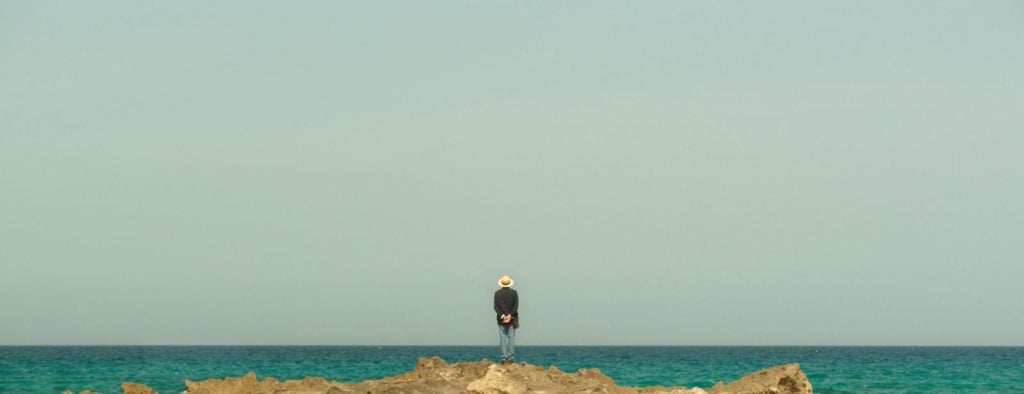
Source: http://www.newwavefilms.co.uk
The Leeds International Film Festival last week wraps up another season of cinematic specialties. Works from the UK and abroad come together in a tapestry of mostly independent film, making the transition into winter months much easier for the people of Leeds. At Hyde Park Picture House, a crown jewel of a screen, two features, ‘Carmine Street Guitars’ and ‘It Must Be Heaven’, help bring the festival to a close.
The two films, which are dramatically different in almost every way, look at how people are shaped by the places they live, and how they protect them as part of their identity.
Ron Mann’s ‘Carmine Street Guitars’ follows several days of hard work in the lives of guitar store owner Rick Kelly and his apprentice Cindy Hulej. A relic of Greenwich Village, their guitar store is world-famous and fighting gentrification. Their homemade guitars attract customers from groups like Wilco and Bob Dylan’s band; the film captures these customers, who chat to Rick and try out his creations.
Although uncredited, the real main characters of this documentary are Rick’s guitars and New York itself. The instruments are made from rare bits of wood collected by Rick from classic New York City spots, like McSorley’s – the oldest bar in the city – with much of the wood used pre-dating the 1800s.
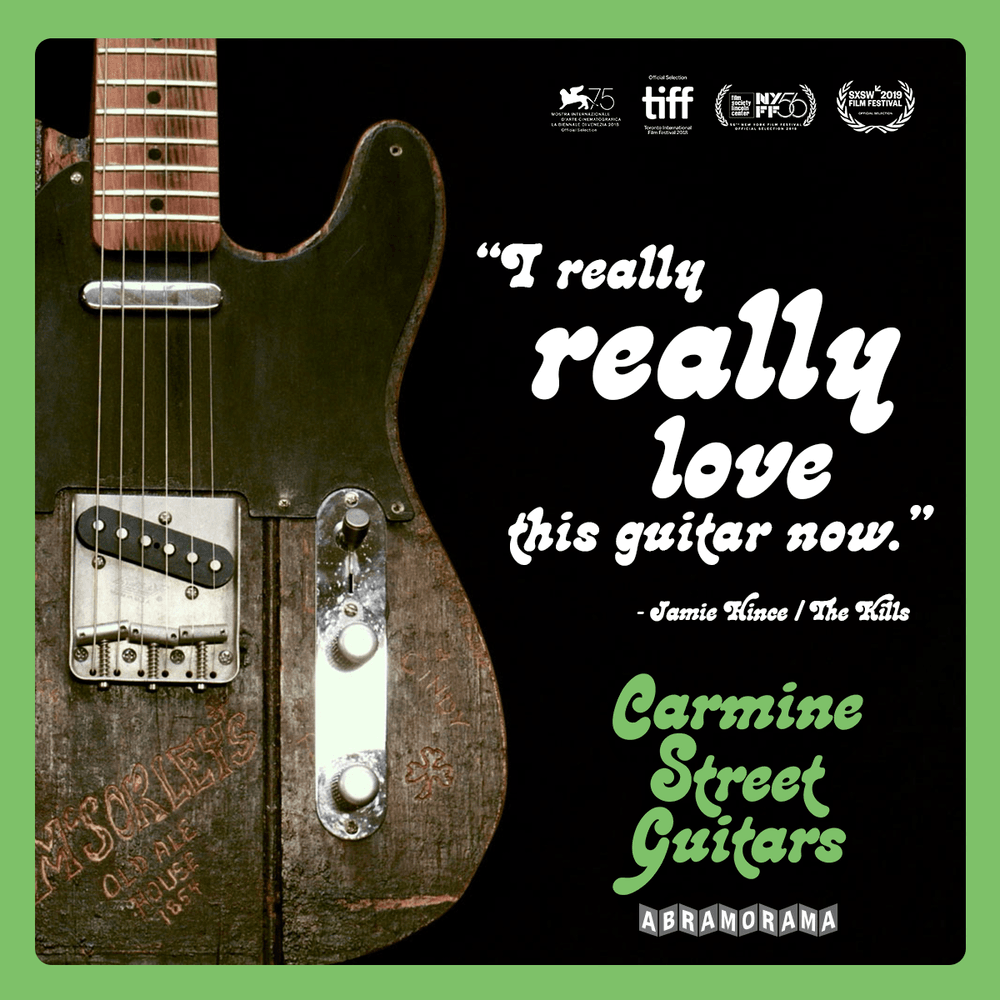
Source: https://www.carminestreetguitarsfilm.com/toolkit
One visitor likens a guitar to “playing a piece of NY” – even through a camera lens, the charred bits of bark that form pick-boards are convincing and it’s not hard to see why these guitarists get so romantic about it. When visitors pick one up for playing, the sound is so good one almost wishes it took the whole hour and a half of film.
There’s a risk that this could be a fetish piece, an attempt at erotica for the guitarheads out there – an early scene in which Hulej Instagrams an instrument, then uses the hashtag “#guitarporn” out loud, sounds alarms.
But the film does a great job of staying accessible to all. Slow motion and close up shots of the instruments are impartially beautiful; the same way anyone can watch a documentary about sushi or the ocean, anyone can appreciate the architecture that goes into these homemade six strings.
Importantly, it keeps the focus on the people and the place that support these guitars; there’s no personification at the expense of a human story. Ron Mann has an eye for fun and knows how to capture moments of amusement and fulfilment, be it the 4 minute blues jams of famous customers or the comic meanderings of Rick’s mum. Conversations about guitars are more about New York’s history or Rick’s unique work ethic than the guitars themselves.
The film is not just about one man’s recycling addiction, but about Kelly’s dream to turn parts of his hometown into guitar-tifacts, to revive abandoned material and strum chords on a piece of New York’s legacy, creating one of the most wholesome little documentaries you will see.

Source: http://www.newwavefilms.co.uk
‘It Must Be Heaven’ marks the beginning of the Leeds Palestinian Film Festival. Introduced as a film about “what it means to be at home”, it’s a surreal comedy from Palestinian director Elia Suleiman and homage to his home nation.
The film follows Suleiman the central protagonist, a bespectacled silver head who watches his Palestinian neighbourhood go by, before visiting Paris and New York hoping his film script gets commissioned.
Though one might expect a Palestinian film to be about conflict, or religious identity, or geopolitics, the world Suleiman sets up doesn’t conform to this expectation at all. The Palestine he wanders around has passive-aggressive policemen and confused elderly men. Hostility comes in the form of rude neighbours and strange men in bars.
Though his character does not speak (Suleiman mimics the deadpan body movements and facial jerks of classic silent comedy), his irritation towards his hometown is palpable.
His travels are more than just a work trip -they’re a chance to get away. But in doing so he gets a classic lesson in the grass not always being greener. Paris has empty wine bottles piling up on the streets like monuments; New York has deli shoppers walking around with machine guns and rocket launchers. Every culture has staples that to others are imperfections.
A turning point comes when Suleiman the character is invited by a French film company to discuss his proposed film script – Suleiman the director makes a meta-point about the very film we’re watching, asking his European/Anglo-speaking audience what they thought a Palestinian film would be like, challenging assumptions about how this foreign country should present itself through cinema.
Even the style and cinematography maintain this challenge. Everything is framed in orderly dimensions, lines and squares in buildings and objects made to fit neatly – the opposite of chaos. It is brilliantly shot, witty throughout and never clichéd.
The time away refreshes Suleiman, reminding him what makes his Palestine so special and why he put it to film, even if the rest of the world can’t understand this.
Come the end, Suleiman’s piece is clearly meant as a round of applause for his home country. It’s a protest film that whispers its politics, letting its style do the talking. In making such a surreal and funny movie about Palestinian identity, Sulieman does even more to probe our assumptions about his nation’s reputation, asking the audience to rub their Western eyes.
Filed under: Film, TV & Tech
Tagged with: carmine street guitars, cinema, documentary, drama, film, film festival, guitar, it must be heaven, Leeds International Film Festival, leeds palestinian film festival, liff, palestine
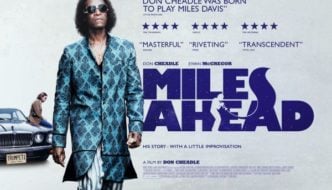
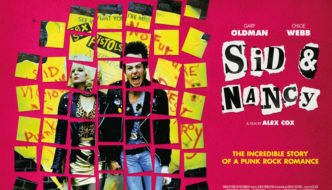
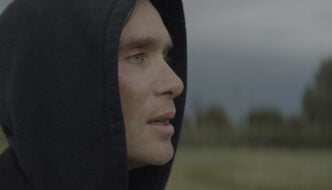
Comments